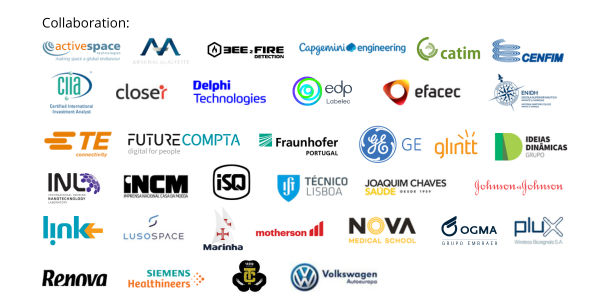The Master's Degree program in Physics Engineering offers advanced training for the development and acquisition of technical and scientific knowledge based on Physics, essential for the design and implementation of highly complex technological systems. A distinctive feature of this program is its commitment to transferring cutting-edge products and technologies from the fields of Physics to the productive sector, applying scientific knowledge to practical and advanced solutions.
Applications 2025/26
1st Phase: FEB. 3rd to MAR. 22nd
2nd Phase: JUN. 2nd to JUL. 18th
Vacancies: 25
Duration: 2 years (120 ECTS)
Format: In-person / Daytime
Language: Portuguese and/or English
Course Coordinator: Paulo Ribeiro, mef.coordenador@fct.unl.pt
Academic divison: mestrados@fct.unl.pt
The program includes primarily theoretical-practical training with a strong hands-on component supported by practical classes for the design and execution of experimental activities, data processing, report writing, and result presentation.

Tuition fee - Portuguese students: 1250€ / year
Tuition fee - Foreign students: 7000€ / year
Accepted candidates will be required to pay (within 7 consecutive days from the placement date) a non-refundable fee of €100, which will be deducted from the total tuition fee after enrolment.
Non-payment within this period will result in automatic exclusion of the candidate. No exceptions or late payments will be considered. Any payment made after the deadline will not be refunded, and the candidate will remain excluded.
The Department of Physics (DF), formally established in 1986, was a pioneer in Portugal in teaching Physics Engineering. The DF's scientific activity mainly develops in two Research Units, LIBPhys and CEFITEC. Among the research and development activities are atomic, molecular, nuclear physics instrumentation and electronic and industrial automation with applications in analytical methods, radiation detection, and biomedical engineering, optics, and photonics, metrology, and spectrometries.